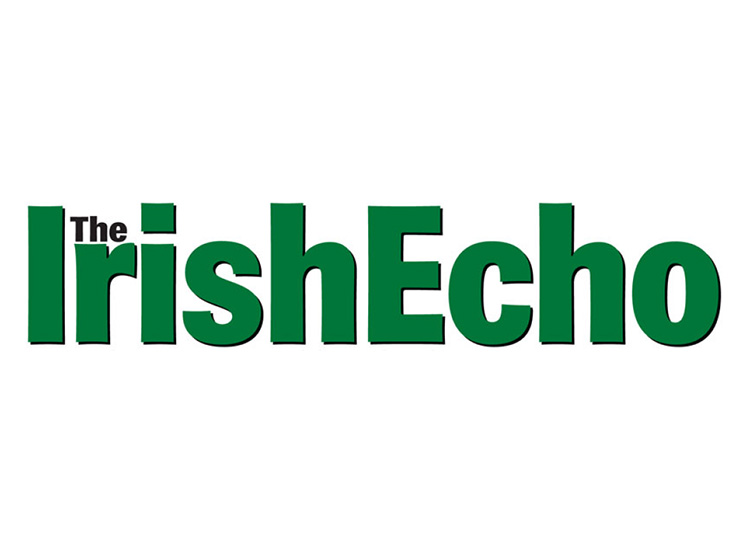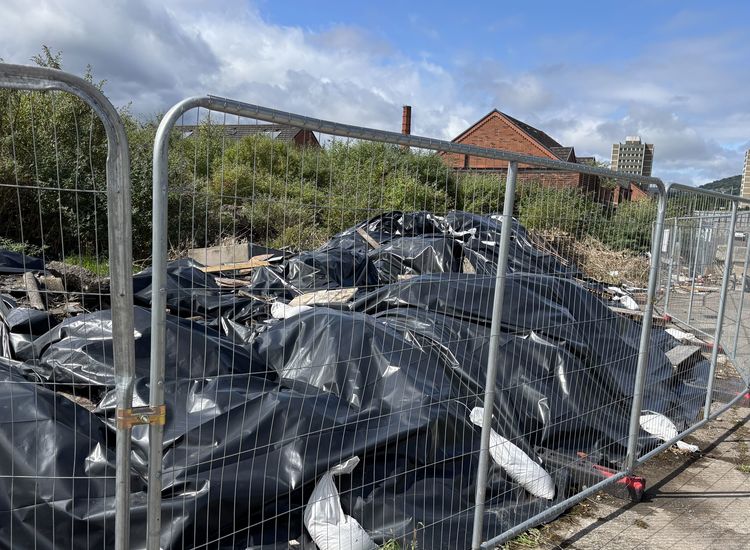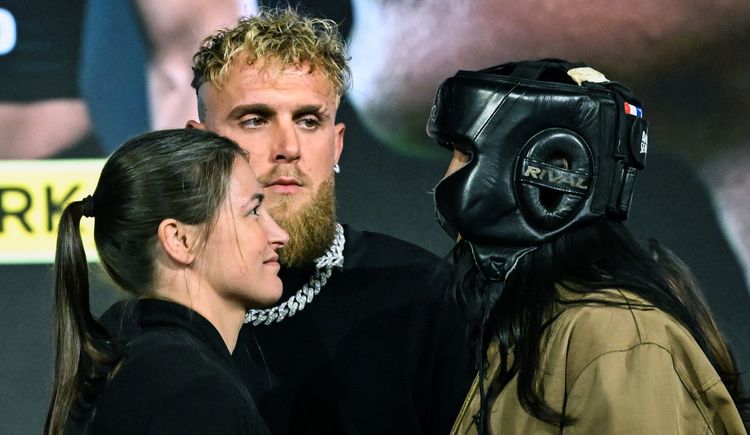Paul Moses is the author of “An Unlikely Union: The
Love-Hate Story of New York's Irish and Italians."
Between the Lines / By Peter McDermott
Well, that was certainly strange. I’m referring to the first weekend of the Trump administration. It was unsettling for those of us who are only up for the surreal and twisted if it’s also very funny – think cartoonist Gary Larson’s “The Far Side” or the Marx Brothers.
Larson’s genius is rather more useful these days, I’d suggest. His work offers a wonderful door of escape from the madness of the real world. Not so the Marxes, who made a film that was about a wacky president, diplomatic intrigue, spies and war. In “Duck Soup,” Chico puts Groucho on the back foot with the line: “Who are you going to believe, me or your own eyes?” Which is what I’m waiting for Press Secretary Sean Spicer to say any day now.
The most bizarre event of recent days was the visit last Saturday by Pooty’s Poodle to CIA headquarters at Langley, Va., which by Monday was being described by agency insiders as “uncomfortable” for most concerned. And the cheering we heard? It was reportedly from planted “political lackeys” invited for the occasion. Surprise, surprise. That was more or less what had happened at the infamous press conference of the week before.
A writer in the current issue of Democracy: A Journal of Ideas commends Paul Moses for catching Rudy Giuliani out in the “jaw-dropping assertion last week that our democracy can breathe easier with a president who ‘is trying to get us back to a free press’ and ‘may actually re-establish journalistic ethics.’”
Moses, whom we know in these pages as the author of “An Unlikely Union: The Love-Hate Story of New York's Irish and Italians,” was in this instance writing in the Catholic magazine Commonweal. He commented in the piece: “I don’t supposed it occurred to [Sean] Hannity to say ‘But Mr. Giuliani, the constitutional right to freedom of the press is all about preventing the government from infringing on press freedom. It’s not a president’s role to decide what a free press is. That’s what dictatorships do.’
“But autocracy is in, and it will advance itself by taking advantage of weaknesses and controversies wherever it can find them—including Buzzfeed’s decision to drop the traditional journalistic practice of verification and publish unsubstantiated claims about Trump,” said Moses, a former Newsday staffer and now a professor of journalism at Brooklyn College/CUNY.
“Giuliani, whose style and experience as mayor of New York seem to be a strong influence on Trump, has long shown poor judgment when it comes to First Amendment freedoms,” he continued. “When he was mayor, the Second U.S. Circuit Court of Appeals issued an opinion in 2000 that took the highly unusual tack of noting that beyond the case at hand, there was a disturbing pattern of First Amendment rulings against the city.”
The judges said: "We would be ostriches if we failed to take judicial notice of the heavy stream of First Amendment litigation generated by New York City in recent years.”
Moses said: “Trump & Co. are relying on the public not to care. Trump said as much in his news conference when the subject of his unreleased tax returns came up: ‘The only ones that care about my tax returns are the reporters.’”
Moses concludes: “But, to borrow the court’s language, ‘we would be ostriches’ if we fail to see the implication of the attacks Trump is making on the news media.”









